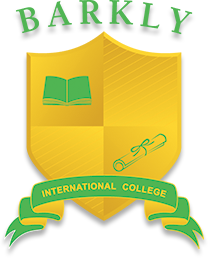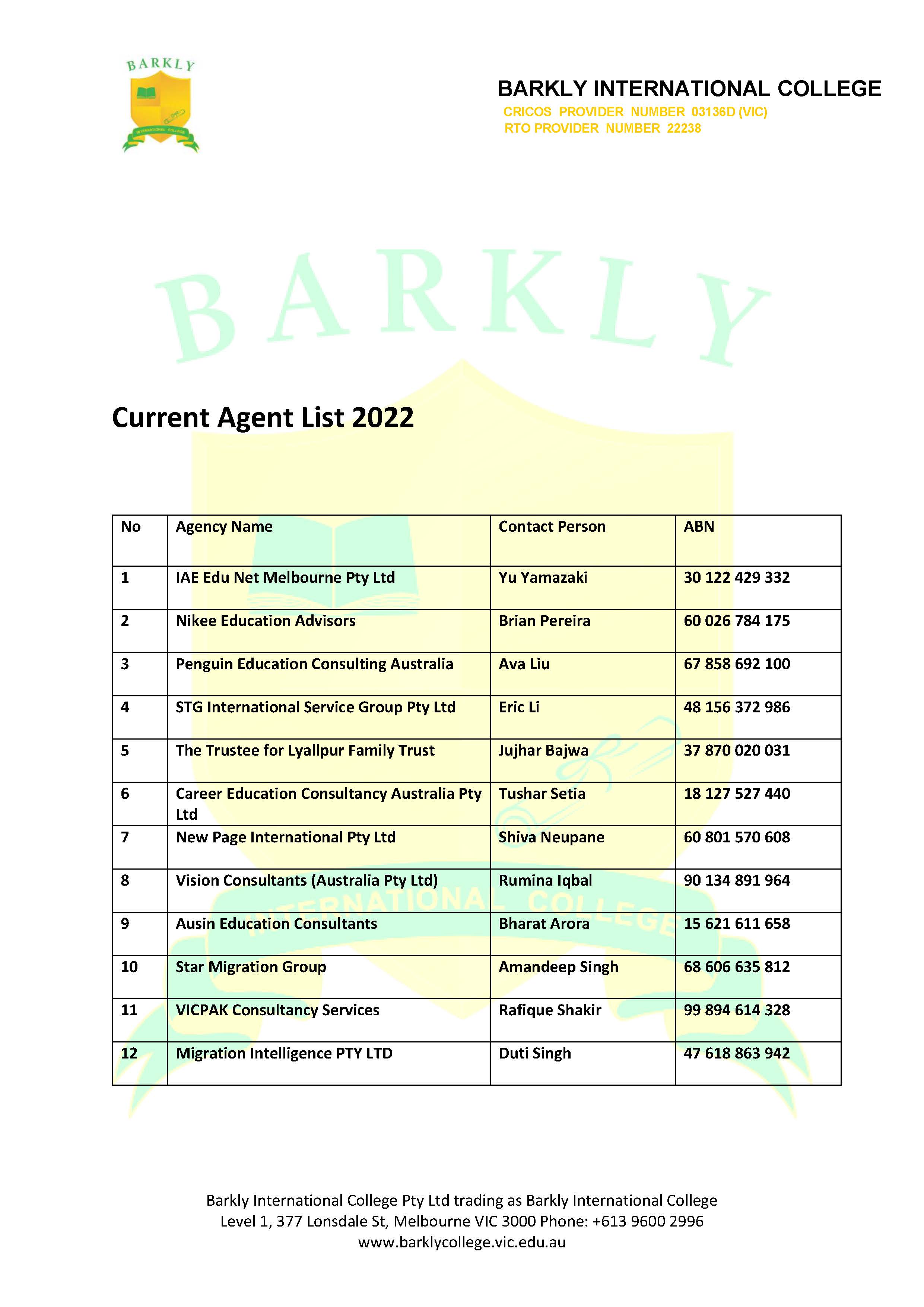WHY STUDY IN MELBOURNE
Melbourne is the capital of the State of Victoria. It is situated on the Yarra River and around Port Phillip Bay with its beautiful beaches and water sports facilities. It is a beautiful spacious city with all the parks, gardens, sporting venues and scenic places that Australian space and natural resources allow.
Melbourne is a world-renowned cultural, artistic, financial and communications centre served by an international airport, a cargo and passenger seaport, and rail links to neighbouring States.
One quarter of Melbourne’s population was born overseas making it one of the world’s most multicultural cities. There are now people from 140 nations living harmoniously together. This broad ethnic mix has brought many benefits to the city including a wide range of cuisines and over 2,300 elegant restaurants, bistros and cafes. Melbourne has an excellent public transport system with trams, trains and buses providing an extensive network throughout the city and suburbs.
The population is approximately 4 million. Melbourne is a sprawling city with suburbs extending up to 50km from the centre of the city.
The city centre is on the banks of the Yarra River, 5km from Port Phillip Bay.
The city centre features world class
Melbourne is only a short distance from many beautiful beaches as well as the Victorian mountain regions, where skiing is popular during winter.
The city and surrounding suburbs are well serviced by a public transport network of buses, trains and trams.
A multicultural city enriched by 170 ethnic groups. Sometimes called the culinary capital of Australia, Melbourne has a vast array of restaurants, offering a variety of international cuisine.
Bustling Chinatown in the heart of the city, serves up the finest of Asian cuisine and culture. Several other Melbourne streets are dedicated to Vietnamese, Japanese, Italian and Greek food – cuisine to suit every palate and many to suit a student’s budget.
Climate
Melbourne enjoys a temperate climate with four distinct seasons in the year - spring, summer, winter and autumn. Below is a guide to the average daily temperatures.
September to November
9-22°C

December to February
14-27°C

March to May
10-24°C

June to August
7-16°C
More than 100 ethnic groups are represented in Australia, making Australia one of the most culturally diverse countries in the world. Australia’s dynamic multiculturalism can be attributed to its unique combination of Indigenous cultures, early European settlement and immigration from all parts of the world.
Australians value the wealth of cultural diversity and social sophistication that international students bring to our campuses and our communities. We take great care in looking after international students and helping them to adjust to the Australian way of life.
International students also gain great benefits from their education in Australia and make lifelong friendships.
Melbourne is a reasonably priced city providing good quality, affordable living and abundant accommodation. Students will need about A$29,710 per year ( excluding tuition) to cover living expenses. According to the Government Website, Study in Australia, Australia is a sophisticated, friendly and affordable country which enjoys one of the highest standards of living in the world. The average International student in Australia spends about A$650 per week on accommodation, food, clothing, entertainment, transport, international and domestic travel, telephone and incidental costs.
The cost of living depends a lot on the kind of accommodation a student chooses. A married student with dependents will need approximately an additional A$7000 per year for each dependent.
The lifestyle in Australia is safe and friendly. Australians have a high standard of living. The climate is pleasant, there is plenty of food and the vast natural resources in Australia enable most people to live well.
This accommodation can be looked prior to arrival. Two weeks advance notice is required before you depart for Australia. Further details can be obtained from the International Student Welfare Officer.
Some useful internet sites for housing are:
The following types of accommodation are available for International students:
Student accommodation
A$400 – A$420 (Furnished)
Share-house
A$200 – A$250
Homestay
A$400 – A$420
There are requirements for compulsory school attendance for children or dependents of international students. In Victoria, it is compulsory for children to attend school until the age of 16. The choice of schools includes public schools, private schools and religious schools.



